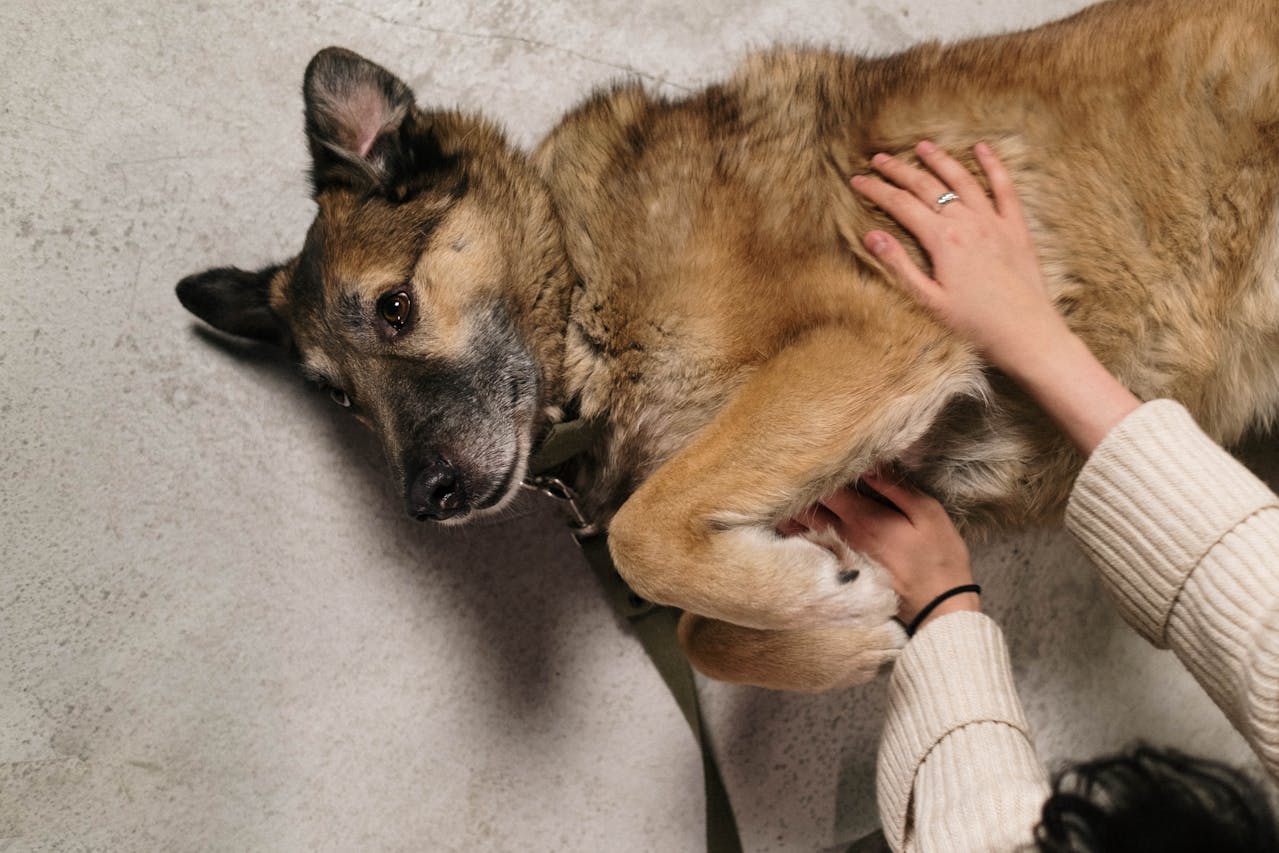Caring for Senior Pets: A Guide for Loving Pet Owners

According to the American Veterinary Medical Association, most dogs and cats are considered seniors by age 7. This milestone can come as early as 6 years old for larger dog breeds, which have shorter lifespans.
Understanding Aging in Pets
Just like humans, every pet ages differently. Some might stay spry for years, while others develop health issues. Common conditions in senior pets include:
-
Cancer
-
Heart disease
-
Kidney or urinary tract issues
-
Liver disease
-
Diabetes
-
Arthritis
-
Cognitive decline
-
General weakness
Tips for Caring for Your Senior Pet
Aging doesn’t mean your pet can’t continue to live a happy, healthy life. You can help them stay comfortable and content with extra care and attention.
Regular Vet Checkups
As pets age, their healthcare needs change. Instead of annual visits, consider scheduling checkups every six months. These visits may include:
-
Thorough physical exams
-
Bloodwork to catch underlying issues early
-
Dental cleanings to prevent oral health problems
Adjust Their Diet
Older pets often benefit from a diet tailored to their age. Look for foods that are easy to digest, with appropriate calorie levels and added nutrients to support aging bodies.
Maintain a Healthy Weight
For senior dogs, extra pounds can increase the risk of health problems, while older cats often struggle with weight loss. Regular weigh-ins and portion control are key to managing these changes.
Prevent Parasites
Older pets have weaker immune systems, making them more vulnerable to infections. Stay on top of flea, tick, and worm prevention.
Encourage Mobility
Keep your senior pet active with gentle exercise. Watch for signs of discomfort, such as limping or hesitation to move. If your pet seems in pain, consult your vet—never give them human pain medications, as these can be toxic.
Reassess Vaccinations
Your pet’s vaccination needs may evolve as they age. Discuss an updated vaccination plan with your vet to ensure they stay protected without unnecessary strain on their immune system.
Support Mental Health
Aging pets can experience cognitive decline. Keep their minds sharp with stimulating activities like interactive toys or training sessions. If you notice confusion or unusual behavior, consult your veterinarian.
Modify Their Environment
Make life easier for your senior pet. Consider changes like:
-
Moving their bed or food bowls to a more accessible spot
-
Providing non-slip mats for better traction
-
Avoiding stairs or high surfaces that are hard for them to reach
Prioritize Dental Care
Dental health is crucial to overall well-being. Schedule annual dental exams and cleanings to prevent painful oral issues that can impact your pet’s quality of life.
Growing Old Together
Aging doesn’t mean the bond with your pet has to change. By understanding their needs and adjusting how you care for them, you can ensure your loyal companion stays happy and healthy well into their golden years. With love and attention, your senior pet can continue to be your steadfast friend, sharing life’s precious moments for years to come.
Let’s cherish these golden years together—your pet wouldn’t want it any other way!
Get insurance plans with wide-ranging coverage options













